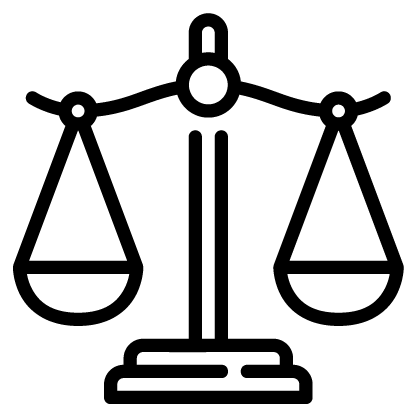Consumer law
Under Australian consumer law, most goods and services that are bought in Australia come with automatic guarantees that they’ll work and do what they’re supposed to do. If not, the law gives you consumer rights to repair, replacement, refund, service cancellation, and compensation.
Tips for dealing with your consumer problem
- Always keep receipts, dockets, invoices or contracts as proof of the transaction.
- You don’t need to keep the original packaging as you’re not required to return it.
- First speak to the retailer or supplier who sold you the goods or provided the service.
- If you haven’t been able to resolve your problem, lodge a complaint with NSW Fair Trading
- If your unresolved dispute is about a service covered by an Ombudsman, contact them. They offer free investigation and alternative dispute resolution services to help you.
Consumer guarantees
Consumer guarantees set out required standards which apply to most goods and services that cost:
- under $100,000 (or $40,000 for goods and services supplied before 1 July 2021)
- over $100,000 (or $40,000 for goods and services supplied before 1 July 2021) if they are normally bought for personal or household use (for example, a car).
Repairs, replacements and refunds
You don’t automatically have the right to return an item for refund, or to receive all or part of a deposit back, if you simply change your mind, or realise you selected the wrong product or size. However, many traders choose to do this with proof of purchase.
You do have the right to a repair, refund or replacement if goods or services bought in Australia don’t meet one or more of the consumer guarantees.
If you have a minor problem with goods or services, the business can choose to give you a free repair instead of a replacement or refund. For a major problem with a product, you have the right to ask for your choice of a replacement or refund. If you have a major service problem, you can choose to receive compensation for the drop in value below the price paid, or a refund.
Read more about repairs, replacements and refunds on the Fair Trading website.
Cancelling a service
Under some circumstances you have the right to cancel a service if it doesn’t meet the consumer guarantees in relation to services.
Read about cancelling a service on the Fair Trading website.
Reimbursement (compensation) for damage and loss
You can ask for reimbursement (also called compensation) for damages and losses you suffer if the supplier could have reasonably anticipated the problem. This is in addition to a repair, replacement or refund, or cancellation of a service.
Read about reimbursement (compensation) for damage and loss on the Fair Trading website.
Warranties
Sometimes people or businesses also offer a warranty or an optional extended warranty (often called a ‘care package’) on the goods or services they supply. An extended warranty does not replace your rights under consumer guarantees. You do not have to buy an extended warranty but if you do the warranty becomes a right which you can enforce under consumer law.
Read more about warranties and extended warranties on the Fair Trading website.
Unsolicited consumer agreements
If you enter into an agreement to purchase goods or services (including switching providers) with someone who knocks on your door, calls you on the phone, approaches you in a shopping centre, or as a result of entering a competition, this is considered an unsolicited consumer agreement. In these cases, you have additional rights.
Read more about unsolicited consumer agreements on the Fair Trading website.
False or misleading descriptions
It’s against the law for businesses to make false claims or provide misleading descriptions about goods or service.
Read more about false and misleading representations on the Fair Trading website.
Misleading or deceptive conduct
Consumer law also protects consumers from misleading or deceptive conduct. Business conduct is likely to break the law if it creates a misleading overall impression among the intended audience about the price, value or quality of consumer goods or services.
Whether a business intends to mislead or deceive is irrelevant – what matters is how their statements, actions and business conduct, affect the thoughts and beliefs of you as the consumer.
Read more about misleading or deceptive conduct on the Fair Trading website.
Further information
- Consumer law and how to deal with a consumer dispute from Fair Trading
- Australian Consumer Law government website
- The Australian Financial Complaints Authority (AFCA) can assist with a consumer dispute with a financial service.
- The Telecommunications Industry Ombudsman (TIO) will assist with complaints about your telephone or internet services.
- Consumer complaints about all electricity and gas, and some water, suppliers in New South Wales are handled by the Energy & Water Ombudsman NSW (EWON).
Assistance
If you require advice or assistance with a consumer law matter, contact SUPRA Legal Service for help.
Disclaimer
This information is current as at December 2023 and is intended as a guide to the law as it applies to people who live in or are affected by the law as it applies in NSW. It does not constitute legal advice.
Download this article as a Word document [24KB]
Download this article as a PDF [61KB]
Written by SUPRA Legal Service December 2023.
Need help?
Our casework and legal services are here for you.

Postgraduate Advocacy Service
Our caseworkers can help with any problems you face while you study at Usyd, from academic appeals to renting.


Stay in touch with us